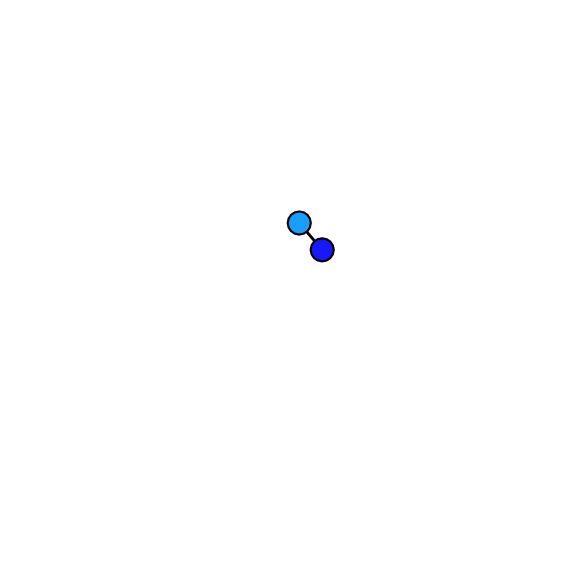GRADES2016: Graph Data-management Experiences & Systems
Application Areas
A new data economy is emerging, based on the analysis of distributed, heterogeneous, and complexly structured data sets. GRADES focuses on the problem of managing such data, specifically when data takes the form of graphs that connect many millions of nodes, and the worth of the data and its analysis is not only in the attribute values of these nodes, but in the way these nodes are connected. Specific application areas that exhibit the growing need for management of such graph shaped data include:
- life science analytics, e.g., tracking relationships between illnesses, genes, and molecular compounds.
- social network marketing, e.g., identifying influential speakers and trends propagating through a community.
- digital forensics, e.g., analyzing the relationships between persons and entities for law enforcement purposes.
- telecommunication network analysis, e.g., directed at fixing network bottlenecks and costing of network traffic.
- digital publishing, e.g., enriching entities occurring in digital content with external data sources, and finding relationships among the entities.
Perspectives
The GRADES workshop solicits contributions from two perspectives:
- Experiences. This includes topics that describe use case scenarios, datasets, and analysis opportunities occurring in real-life graph-shaped, ans well as benchmark descriptions and benchmark results.
- Systems. This includes topics that describe data management system architectures for processing of Graph and RDF data, and specific techniques and algorithms employed inside such systems.
Topics Of Interest
The following is a non-exhaustive list describing the scope of GRADES:
- vision papers describing potential applications and benefits of graph data management.
- descriptions of graph data management use cases and query workloads.
- experiences with applying data management technologies in such situations.
- experiences or techniques for specific operations such as traversals or RDF reasoning.
- proposals for benchmarks for data integration tasks (instance matching and ETL techniques).
- proposals for benchmarks for RDF and graph database workloads.
- evaluation of benchmark performance results on RDF or graph database systems.
- system descriptions covering RDF or graph database technology.
- data and index structures that can be used in RDF and graph database systems.
- query processing and optimization algorithms for RDF and graph database systems.
- methods and technique for measuring graph characteristics.
- methods and techniques for visualizing graphs and graph query results.
- proposals and experiences with graph query languages.
GRADES 2016 key data:
Workshop: Friday June 24Submission: May 4 (extended)
Notification: May 15 (shifted)
Camera-ready June 24

Place: Oracle Conference Center in Redwood Shores (CA).
